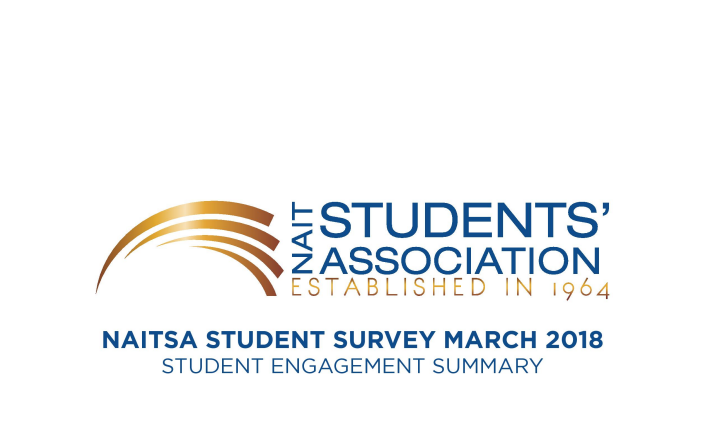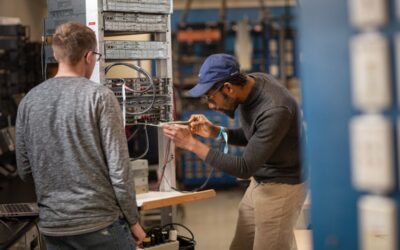By Zachary Flynn
A survey was conducted by NAITSA in March
of 2018 in which they asked NAIT students to rate
their confidence in various soft skills like: teamwork,
problem solving, adaptability, communication and
leadership.
What are soft skills?
Soft skills are often attributed to an individual’s
personality.
Skills like the ability to show up on time, work
ethic, communication, problem-solving, and teamwork
are common examples of required soft skills.
Results from the NAITSA survey showed that
NAIT students expressed great levels of confidence
in their skills. Ninety percent of students stated confidence
in their flexibility/adaptability skills. Ninety-two
percent of the same students also expressed
confidence in their problem-solving skills.
Which soft skills are employers looking
for?
When asking industry professionals, the
answers to which soft skills they are looking
for varied greatly depending on the industry.
In the sales industry, employers are looking
for workers with good communication and the ability to
speak to customers in a friendly and engaging way.
“Because we are a service industry, it’s important
for the people that we hire to be able to interact with
other people, to be friendly, to smile, to maintain eye
contact,” said Krysta Dupuis, general manager at River
City Hyundai.
She said that the service industry can be a high-stress
environment, especially in the transition between
seasons.
“[Employees] have to be able to manage multiple
people and look after multiple their needs at the same
time, while [also] maintaining other people’s stress
levels, too.” Dupuis continues.
The dealership also hires mechanics for their shop
and Dupuis believes soft skills are equally important
in this field.
“They need to be efficient at getting the work done
in a timely manner,” said Dupuis.
Jozef Urban is a Director of Project Management at
ATB Financial.
“When we look at soft skills, the most important
thing is teamwork,” said Urban.
He also emphasized the importance of communication
and problem-solving skills and focusing on listening,
rather than speaking.
“Sometimes a person just has to stop and listen,”
said Urban.
“In my opinion, when a person stops talking and
really listens, they are present and it can give them a
deeper understanding of the problem or situation.”
Urban also believes that one of the keys to success
is adaptability and the ability to be a lifelong
learner.
“I think some people think that education
stops with high school, college, university or
however far they go,” he said.
“The pace of the workplace is really moving
along quick, and if a person can’t pivot or
be agile, they’re going to be left behind.”






